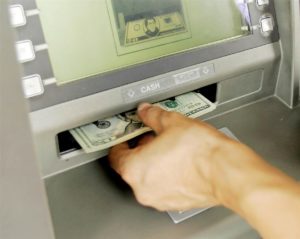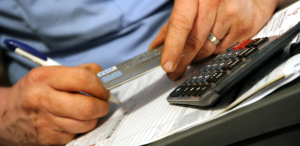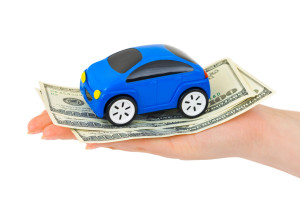Dear Liz: I differ with your opinion that electronic payments are far more secure than sending checks through the mail. My own personal experience sending checks for about 40 years with only one mishap (which wasn’t attributable to the USPS) provides great confidence in mail as a payment system. In contrast, not a month goes by without news of some large organization entrusted with all kinds of personal and financial information being breached in a cyberattack. If the bad guys get my credit card information, I’m out no greater than $50. I’m not also going to risk them having my bank account and routing numbers for the dubious convenience of saving a stamp. Yes, mailboxes get broken into, but until there are real penalties for inadequate computer security, corporations will continue to underfund their network security and be reactive instead of proactive. I’ll take my chances with the local thieves and not the worldwide population of black hat hackers.
Answer: You’re quite right that databases where information is stored can be vulnerable to hackers if companies don’t take the proper precautions. But avoiding electronic payments doesn’t keep your information out of those databases. Information about you is collected and stored whether you like it or not. You didn’t contribute your Social Security number, date of birth and credit account details to Equifax, for example, but chances are good you were one of the 147 million Americans whose information was exposed when that credit bureau was breached.
In contrast to some databases, electronic payment transactions have strong encryption that makes it extremely difficult for hackers to intercept and read the information. Criminals would much rather target information that’s at rest in databases than try to capture and decode it in transit.
Your checks are almost certainly being converted to electronic transactions, in any case. Few checks are physically passed between banks these days. Often a biller will take the routing and account numbers that are printed on your check and use them to request an electronic funds transfer through a clearinghouse such as the Automated Clearing House (ACH).
Because those numbers are printed on every check you send out, by the way, anyone who sees that piece of paper, from a mail thief to someone inputting the payment into a company’s computer system, could misuse that information. That’s a far bigger risk than the possibility an electronic payment could be hacked in transit.
 Today’s top story: You may qualify for free or cheaper health insurance now. Also in the news: Big banks join effort to ease path to credit cards, 3 ways technology can help minority-owned businesses recover, and the 12 states ending the extra $300 per week in unemployment benefits.
Today’s top story: You may qualify for free or cheaper health insurance now. Also in the news: Big banks join effort to ease path to credit cards, 3 ways technology can help minority-owned businesses recover, and the 12 states ending the extra $300 per week in unemployment benefits.  Today’s top story: What to do when you can’t open a bank account. Also in the news: 6 tips to streamline insurance payments on home damage claims, college-bound grads could exit with $38K in student loan debt, and how to build your business credit score.
Today’s top story: What to do when you can’t open a bank account. Also in the news: 6 tips to streamline insurance payments on home damage claims, college-bound grads could exit with $38K in student loan debt, and how to build your business credit score.  Today’s top story: How one person’s travel credit card benefit saved them over $1000. Also in the news: How to file a complaint against your bank, how to buy the car you loved in high school without losing your shirt, and these states will pay off your student loan debt for moving there.
Today’s top story: How one person’s travel credit card benefit saved them over $1000. Also in the news: How to file a complaint against your bank, how to buy the car you loved in high school without losing your shirt, and these states will pay off your student loan debt for moving there.  Today’s top story: Making a plan to get your money resolution back on track. Also in the news: A new episode of the Smart Money podcast on redlining and auto loans, the 6 biggest life insurance myths about COVID, and how to know if there’s too much cash in your savings account.
Today’s top story: Making a plan to get your money resolution back on track. Also in the news: A new episode of the Smart Money podcast on redlining and auto loans, the 6 biggest life insurance myths about COVID, and how to know if there’s too much cash in your savings account.  Today’s top story: Turn your quarantine clutter into money. Also in the news: 10 digital banking services changing up checking, what to do when you’re a victim of debit card fraud, and how your stimulus checks will affect your taxes.
Today’s top story: Turn your quarantine clutter into money. Also in the news: 10 digital banking services changing up checking, what to do when you’re a victim of debit card fraud, and how your stimulus checks will affect your taxes. Today’s top story: 6 rules for first-time car buyers. Also in the news: Buzzy banking apps for kids and teens, getting your bank accounts in order for 2021, and knowing your COVID mortgage forbearance rights.
Today’s top story: 6 rules for first-time car buyers. Also in the news: Buzzy banking apps for kids and teens, getting your bank accounts in order for 2021, and knowing your COVID mortgage forbearance rights.